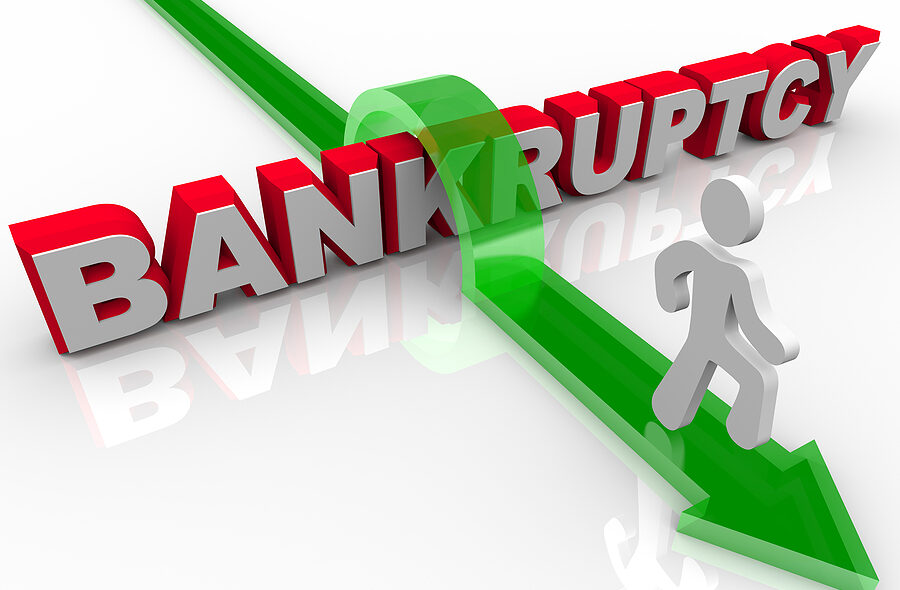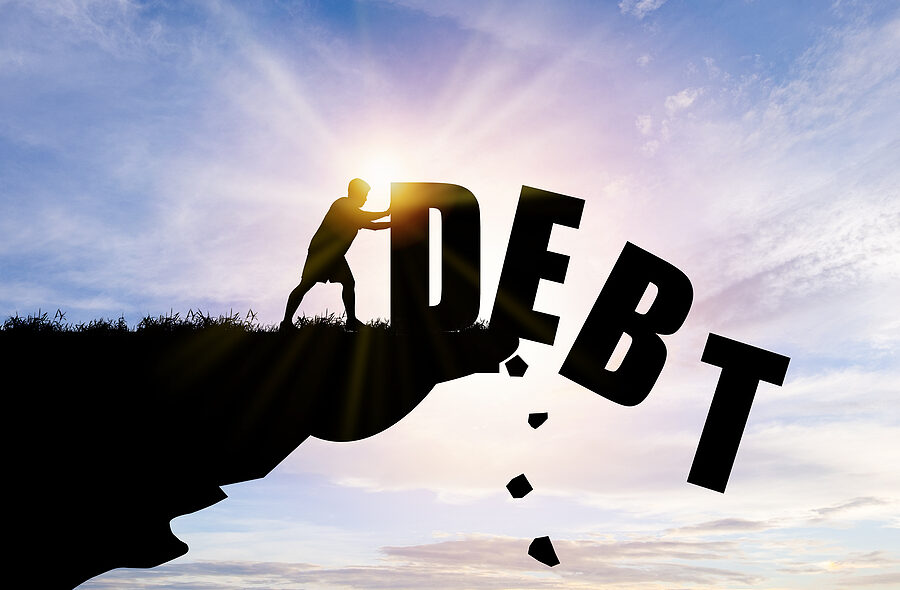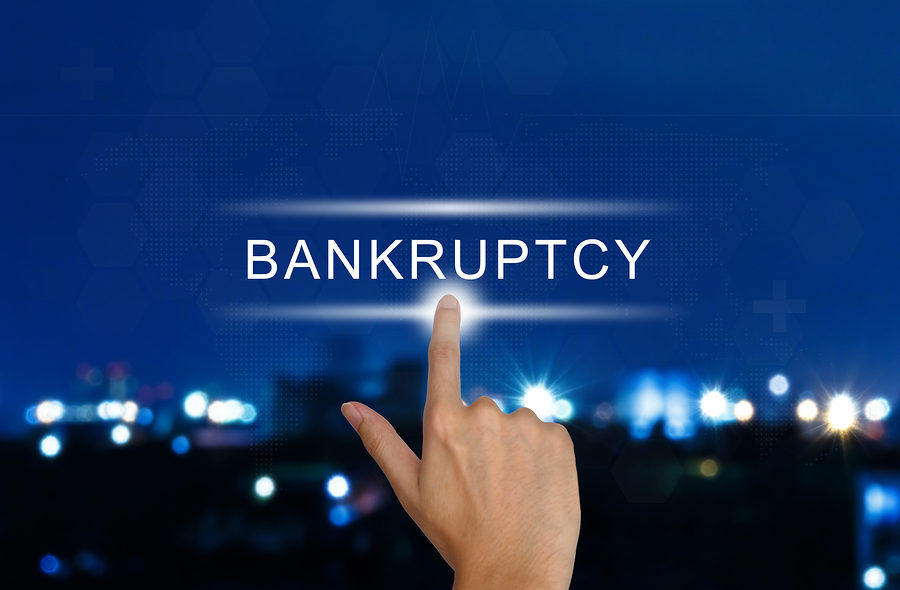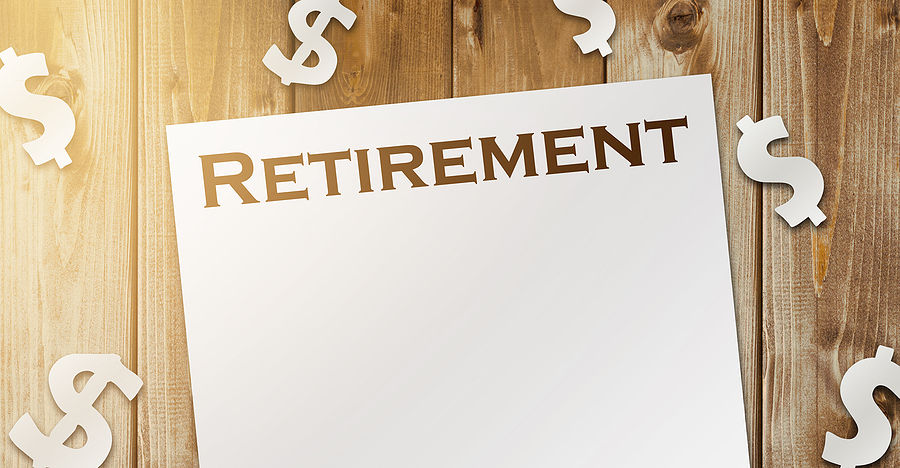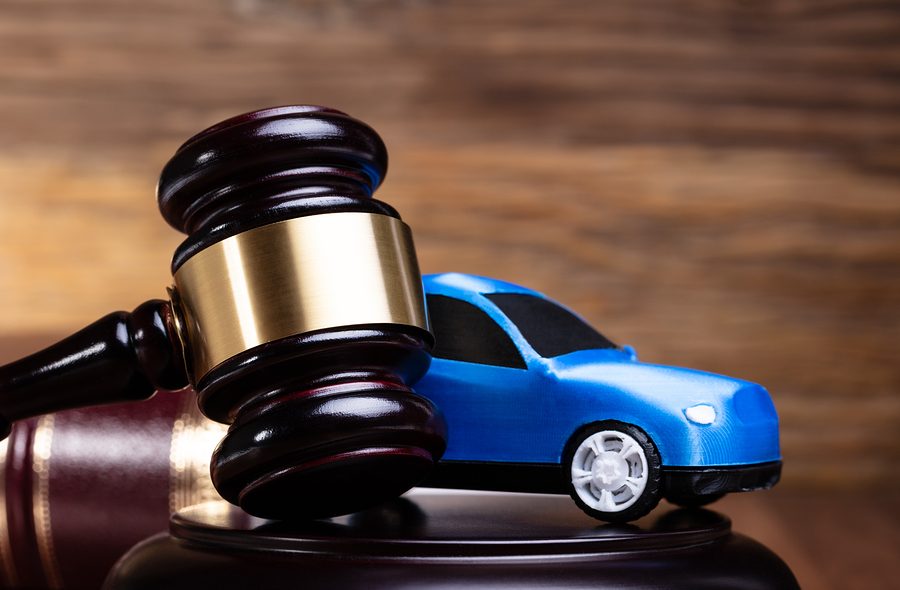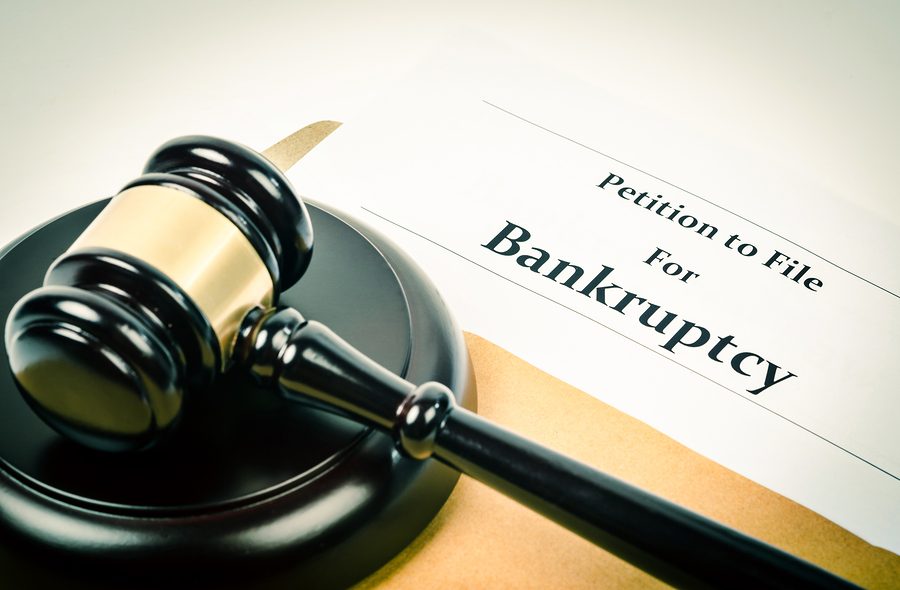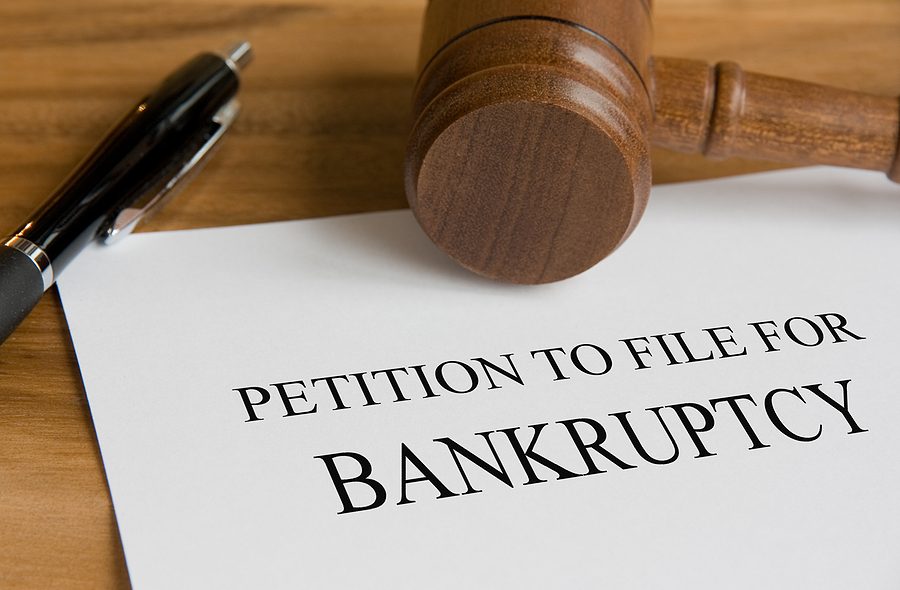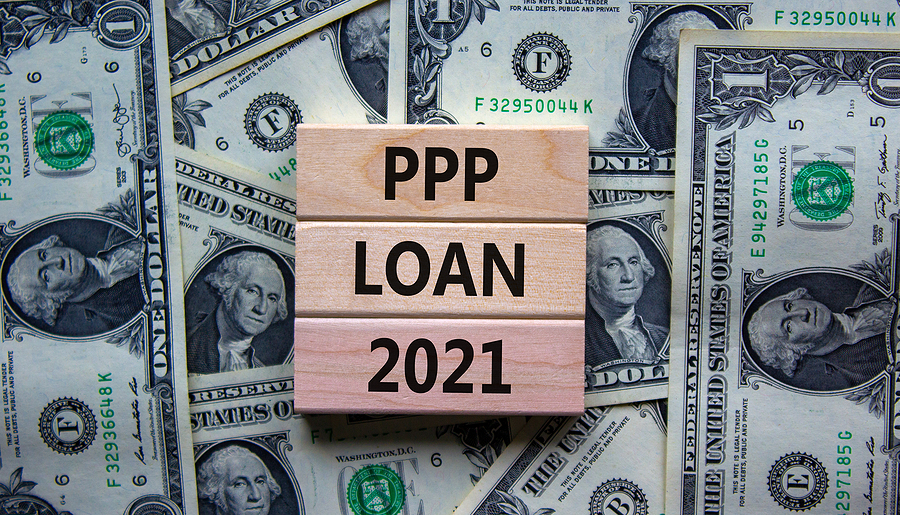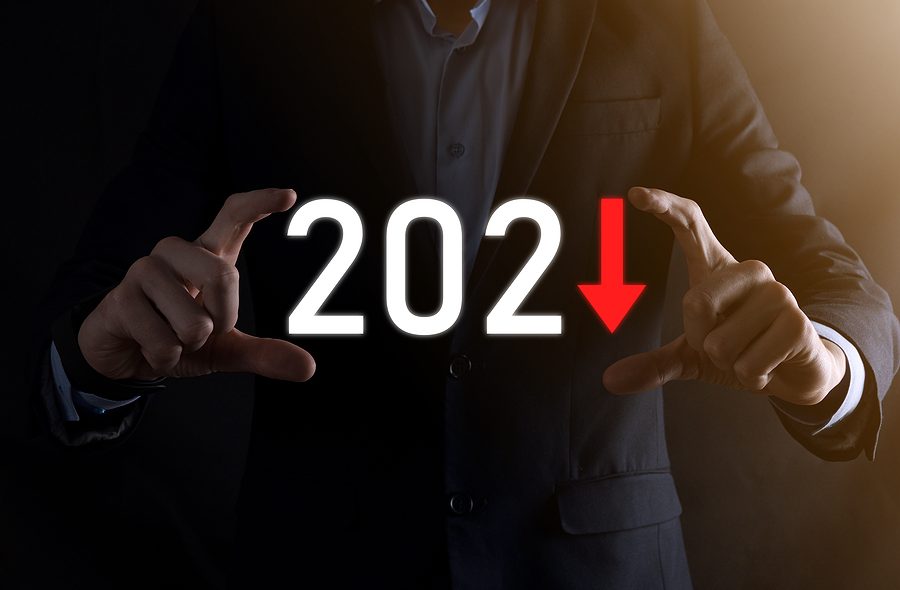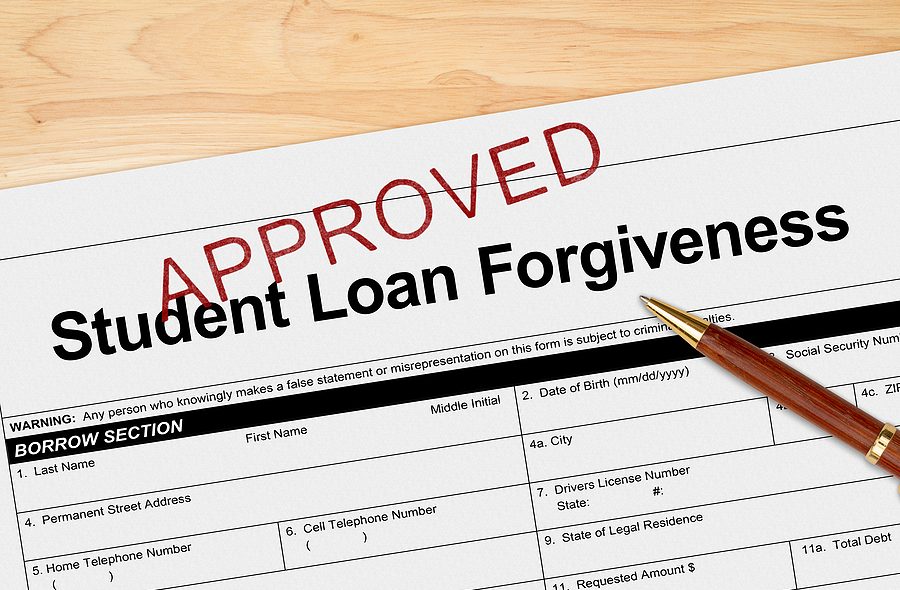It can be tempting to want to walk away from debt in lieu of filing for bankruptcy. But doing so will not provide the consumer with the clean slate that a bankruptcy discharge offers. It is often better to face these debts in a Chapter 7 or Chapter 13 bankruptcy case instead of choosing to default on them.
Whenever a consumer fails to make payments on a loan or financial obligation, this failure to pay is otherwise known as a default. Lenders all have their own requirements on what exactly qualifies as a “default,” including how many payments have been missed before the account is officially considered in default.

